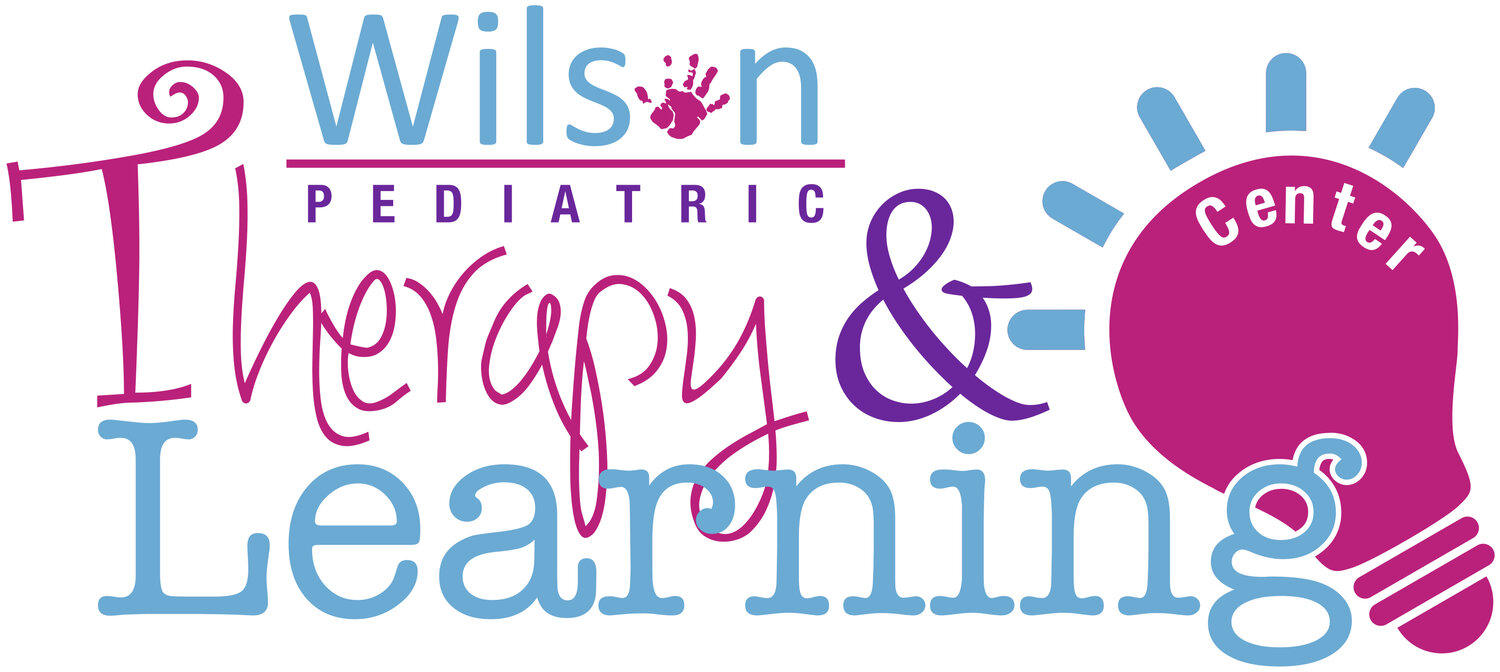Empowering Voices: How Dyslexic Students Can Champion Their Own Success
Self-advocacy is a crucial skill for dyslexic students, as it enables them to actively participate in their education and navigate challenges effectively. Dyslexic students often face unique struggles in the academic environment, including difficulties with reading, writing, and information processing. However, when these students learn to advocate for themselves, they not only gain a sense of control over their educational journey but also contribute to a more inclusive and supportive learning environment.
Students with dyslexia can learn to advocate for themselves with guidance and support from parents, teachers, and other trusted adults. Here are some age-appropriate strategies to help dyslexic students advocate for their needs:
Learn About Dyslexia: Begin by helping the student understand what dyslexia is in simple terms. Use age-appropriate resources, books, and videos to explain it in a way they can grasp. We recommend the non-profit organization Understood which compiles useful resources to help families better understand dyslexia and ADHD: https://www.understood.org/. The book Understanding Dyslexia by Sally Shaywitz is also a helpful source for individuals and their families.
Encourage Communication: Teach the child to express their feelings and frustrations related to reading and writing. Encourage open conversations about their experiences with dyslexia. Friends and classmates can sometimes make insensitive comments because they lack knowledge about dyslexia; giving a child the words to explain that they simply learn differently builds confidence and a healthy self-esteem.
Identify Strengths and Talents: Help the student recognize their strengths in areas other than reading and writing. People with dyslexia are often quite creative and excellent problem solvers. Celebrate their unique talents and abilities, building their self-confidence.
Use Positive Language: Encourage the child to use positive language when talking about their dyslexia. For example, instead of saying "I can't read," they can say, "I'm working on becoming a better reader."
Develop a "Dyslexia Toolbox": Help the student create a toolbox of strategies and tools that work for them. This could include specific reading apps, audiobooks, text-to-speech technology, or alternate fonts.
Practice Self-Advocacy Statements: Help the child formulate simple statements to express their needs. For example, "I learn best when I can listen to the story" or "I need extra time to finish my work."
Teach Them to Ask for Help: Encourage the child to ask for help when they need it. This could be from a teacher, parent, or other trusted adult.
Set Goals: Work with the student to set achievable goals related to their reading and writing. Celebrate their progress and accomplishments along the way.
Promote Independence: Encourage the child to take responsibility for their learning. Teach them how to organize their materials, keep track of assignments, and advocate for necessary accommodations.
Participate in IEP or 504 Meetings: If the student has an Individualized Education Plan (IEP) or a 504 Plan, involve older students in discussions about their goals and accommodations. Encourage them to share their thoughts and preferences.
Remember, advocacy skills are valuable life skills that can benefit the child in many areas of their life. By helping them develop these skills early on, you empower them to take an active role in their education and advocate for their needs throughout their academic journey.
